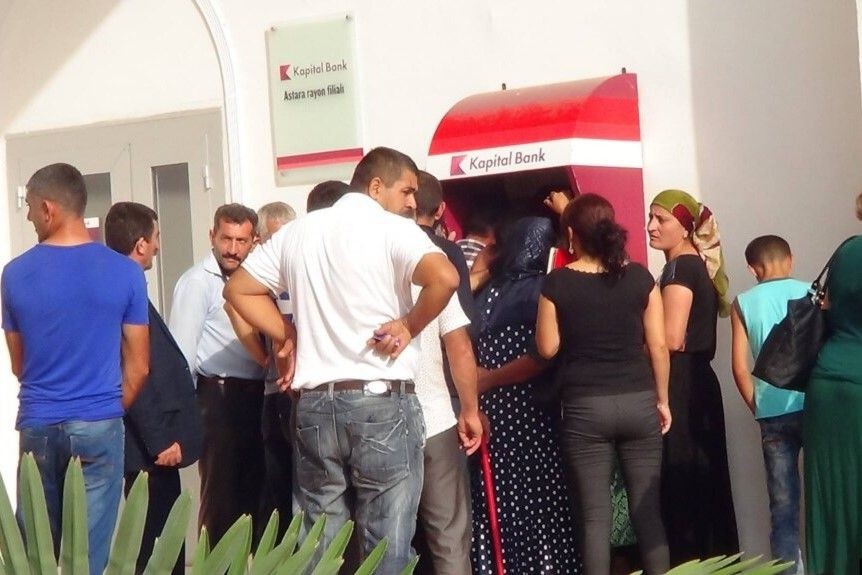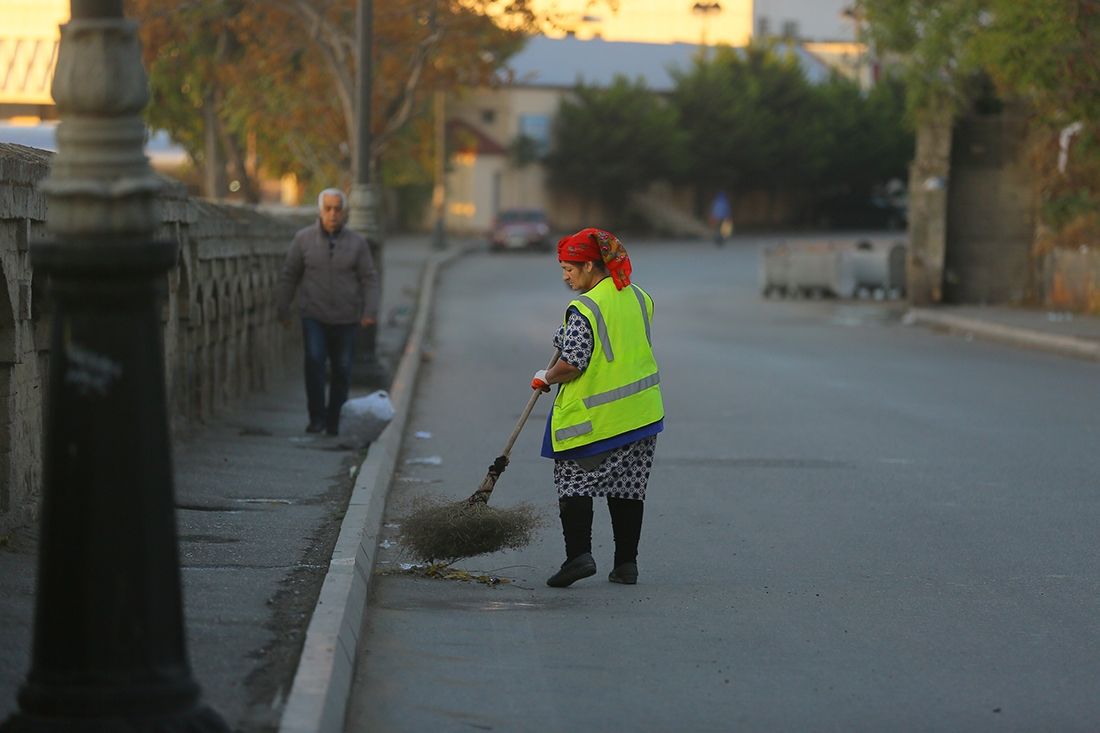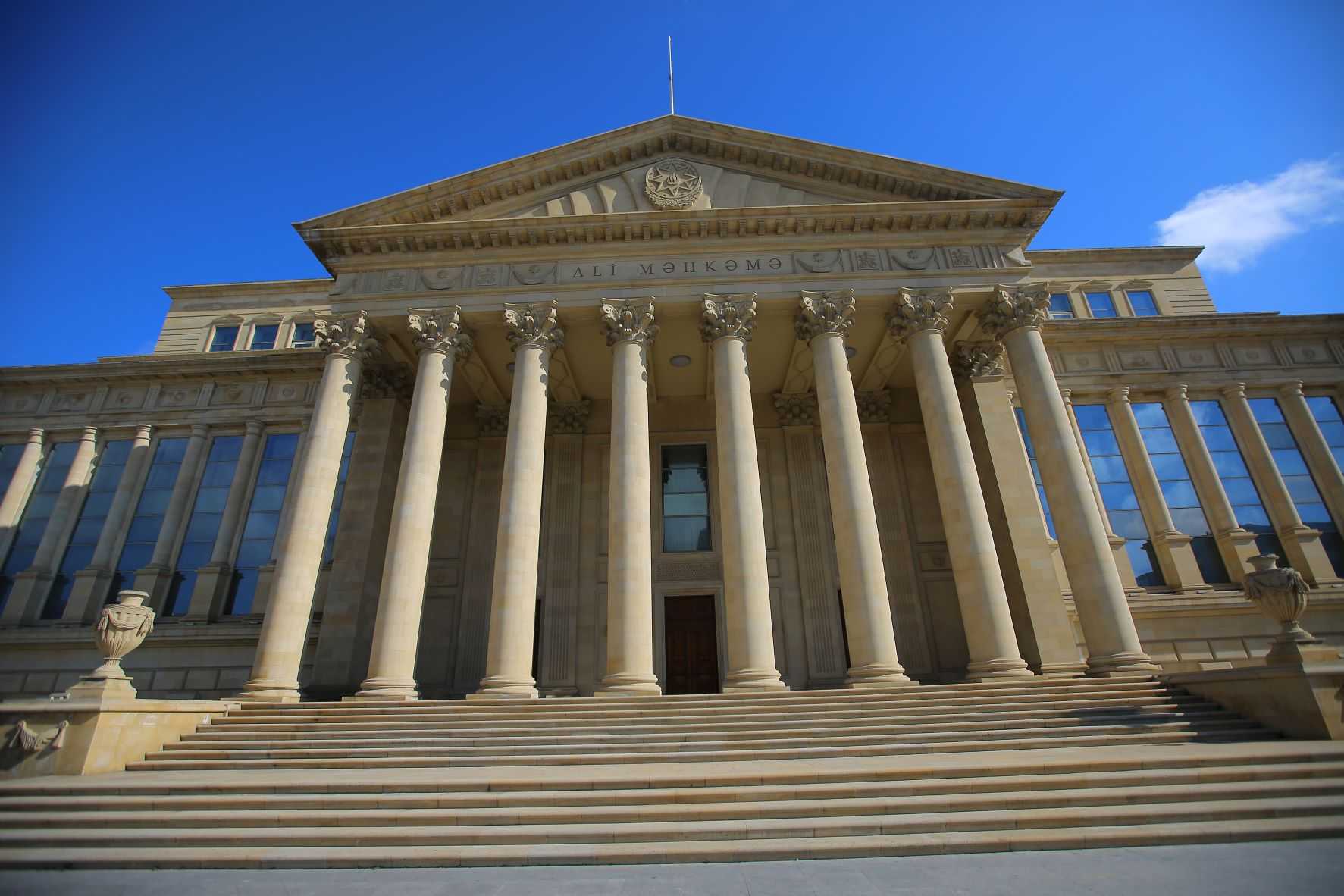
Social benefits in Azerbaijan, including pensions, are to rise 9.2% from January 2026, in line with official figures for wage growth over the past year.
Speaking during the state budget discussions in parliament on 5 November, Labour and Social Protection Minister Anar Aliyev (of no relation to President Ilham Aliyev), said social spending would increase by ₼780 million ($460 million) in 2026, an 11% rise on the previous year.
According to the latest figures from the State Statistical Committee, 1.1 million people in Azerbaijan receive social benefits, more than one in 10 people in the country. Of these 65% are pensioners, 23% receive disability benefits, and 12% receive survivors’ benefits.
Aliyev said the average pension was expected to increase from ₼538 ($320) per month to ₼629 ($370) as a result. The minimum pension will increase from ₼320 ($190) to ₼349 ($205) per month.
To be eligible for the minimum pension, retirees must have contributed at least ₼46,000 ($27,000) to their pension fund. Those who do not are still eligible for a lower social pension, currently set at just ₼260 ($150) per month.
During the discussions, MP Musa Guliyev said ‘social issues are always a priority for the government’, APA reported.
However, there have long been concerns that pensions are not enough to survive on. One independent expert speaking on condition of anonymity told OC Media that the average pension figure was skewed by those with higher pensions, meaning that most people fall below that number.
This included higher figures for certain state employees, including former military personnel, police officers, judicial officers, and MPs, whose starting pensions are tied to a percentage of their salaries at retirement.
One woman over the retirement age who continues to work for the state-run cleaning service in Baku told OC Media that the ₼260 she received was not enough to cover even her housing: ‘I have to work to survive’.
Her pension is due to rise to ₼284 ($170) in 2026.
‘There are four pensioners in our team, and three of them receive ₼360–₼362 ($212–$213) per month, and spend at least ₼150–₼200 monthly on utilities — this amount isn’t enough to cover goods, internet, or living expenses. Most of us [also] have debts to the bank’, she said.

The expert told OC Media that one of the main challenges in assessing pensioners’ needs was flaws in official subsistence minimum and inflation figures, with the government not differentiating between consumer and food baskets.
For 2025, the official minimum subsistence income was calculated at ₼285 ($170), including ₼305 ($180) for the working-age population, ₼232 ($140) for pensioners, and ₼246 ($145) for children.
‘We do not know how much the food basket costs, or how much the non-food basket costs’, they said.
This was important, they said, because then it would be possible to assess if the food basket being used was realistic.
‘We can count it for one month. Let’s see if you can live on ₼4–₼5 ($2–$3) per day or not’, they said.
‘There must be transparency on two issues — first accuracy, the second, accurately determining the volume of goods and services consumed by people in the basket, especially their weight. Statistics must accurately determine the share in consumer baskets and use it correctly in calculations’, they stated.
‘If either of these indicators is a false positive, the inflation result will be inaccurate. We’re not sure the statistics fully correspond to these two indicators and accurately calculate our inflation, as the statistics are completely politicised. Personally, I’m not convinced of this’, the expert concluded.











